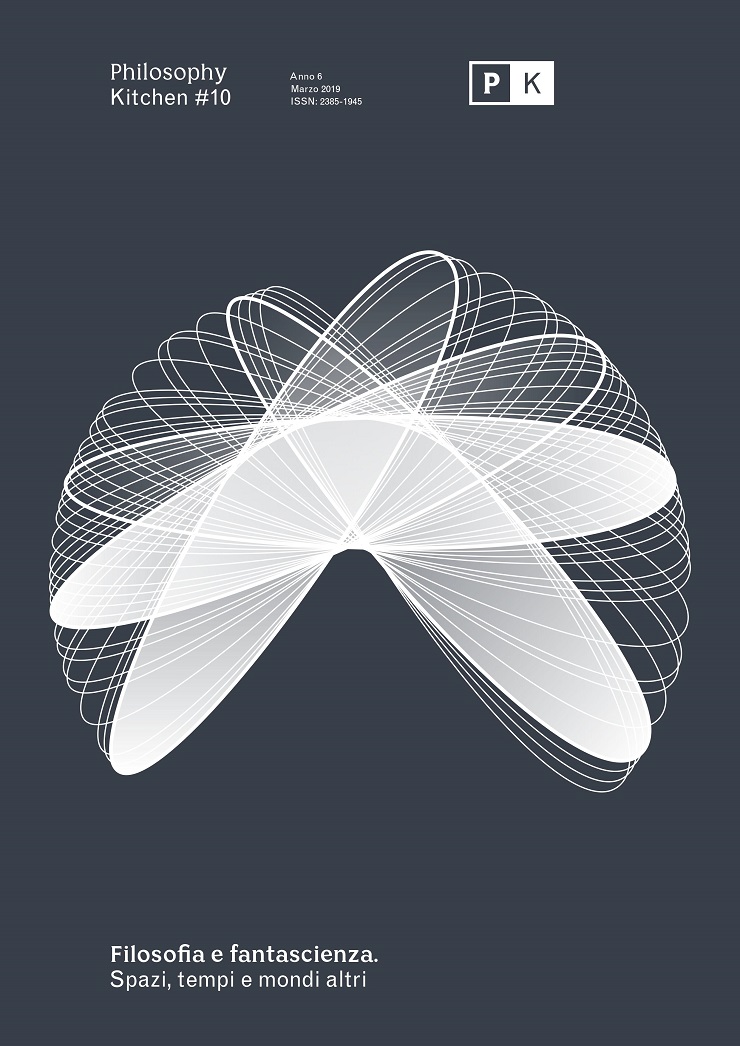Il fascino indiscreto del potere. Mondi regressivi e sopravvivenze utopiche
Abstract
This paper proposes to analyse, within the recent literary and cinematographic landscape, two examples that are particularly pertinent in placing the role of power as the fundamental driver of social and human dynamics. Rather than in the form of science fiction, the narrative is more a speculative fiction. Both the literary works in question in this article, The Handmaid’s Tale by Margaret Atwood published in 1985 (the television series is 2017), and Naomi Alderman’s novel, The Power of 2016, clearly take a position in the feminist debate by reducing the prevailing technoscientific dimension in twentieth century dystopia, to deepen the utopian- dystopic dimension of the exercise of power over the body and of the body. If Atwood, inheriting the classic critique of twentieth century dystopias, warns against the illiberal outcomes inherent in contemporary societies; the second author seems rather to propose a shock therapy that essentially aims to provoke a reaction of “repugnance” towards the exercise of “naked” power, simply based on force and violence. Both, however, allow in their “critical utopias” for the possibility of empowerment for women (and men).





